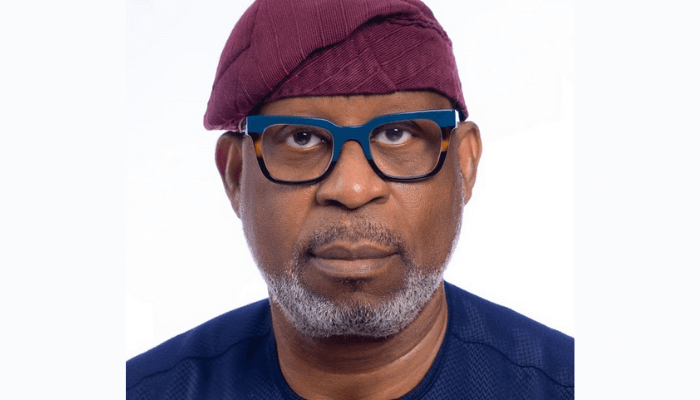Dele Alake, Minister of Solid Minerals Development, has reaffirmed the federal government’s commitment to revolutionising Nigeria’s solid minerals sector through the implementation of a landmark ₦1 trillion budget. According to Alake, the allocation—approved in 2025—will strategically bridge the exploration gap between Nigeria and leading global competitors in the mining industry.
Speaking at the Ministerial Retreat of the Ministry of Solid Minerals Development held in Abuja from July 11–12, Dele Alake emphasized that the budget is primarily aimed at acquiring comprehensive geological data and certifying mineral assets under the Pan-African Resources Reporting Code (PARC). This, he said, will boost transparency and investor confidence in Nigeria’s mining projects.
Highlighting the transformative plans, Dele Alake disclosed that the budget would support extensive aeromagnetic surveys and geochemical mapping across vital mineral belts. These initiatives, he noted, will enrich the national geoscience data bank, enhance exploration coordination, and strengthen the fight against illegal mining activities.
Alake revealed that a dedicated task force—the Mining Marshals, comprising 2,350 personnel—has cleared 98 illegal sites, arrested 273 suspects, and is actively monitoring over 400 others. In addition, efforts are ongoing to integrate artisanal miners into formal cooperatives to curtail illegal mining and ensure financial inclusion.
Dele Alake also announced major strides in value addition, including the commissioning of a $600 million lithium processing facility and a multi-million dollar iron-to-steel plant. These projects, he said, align with the Ministry’s broader goal of fostering industrial growth and mineral beneficiation.
Reflecting on the objectives of the retreat, Alake stated, “This is not just a platform for introspection, but a critical opportunity to advance President Bola Ahmed Tinubu’s Renewed Hope Agenda. We are committed to delivering measurable, people-oriented outcomes.”

Dele Alake addresses key stakeholders during the Solid Minerals Ministerial Retreat in Abuja.
According to him, the ministry’s progress is anchored on a Seven-Point Agenda focused on positioning the solid minerals sector for global competitiveness. This framework, already endorsed by the Federal Executive Council, guides the Ministry’s strategy and performance evaluation.
Sharing tangible results, Dele Alake reported a substantial boost in revenue, with earnings rising from ₦12 billion in 2023 to ₦36 billion in 2024. Licence revenue also doubled, from ₦6.07 billion to ₦12.58 billion within the same period. Additionally, registered mining companies increased from 883 in 2023 to 1,025 in 2024. The Ministry also signed 320 Community Development Agreements with host communities and advanced Environmental Protection and Rehabilitation Programs.
READ MORE: NNPCL Considers Selling Nigeria’s Refineries Amid Strategic Review
Alake reiterated the importance of accountability, innovation, and sustainability in shaping a resilient mining industry. “Our goal is to create a globally competitive, environmentally sustainable, and investor-friendly solid minerals sector,” he said.
In his earlier remarks, Faruk Yusuf Yabo, Permanent Secretary of the Ministry, described the ongoing reforms as timely, especially amid the global energy transition and growing demand for critical minerals. He urged Nigeria not to lag behind nations already making strategic advances in mining governance.
The retreat also aimed to align ministry goals with the Renewed Hope Agenda, enhance interdepartmental collaboration, and promote a results-driven culture.
Senator Samson Eking, Chairman of the Senate Committee on Solid Minerals, commended Dele Alake for organizing the retreat and underscored the vast opportunities available in Nigeria’s mineral wealth—including gold, lithium, iron, and bitumen—as drivers of economic diversification.
However, Jonathan Gwefi Gaza, Chairman of the House Committee on Solid Minerals, raised concerns about lapses in internal accountability and innovation. He cited cases of unpaid VAT by foreign companies and insufficient implementation of community development agreements, urging stricter measures to optimize Nigeria’s mineral potential.
Dele Alake concluded by reaffirming his ministry’s resolve to ensure that reforms in the solid minerals sector deliver tangible benefits, spur job creation, and contribute to sustainable national development.


